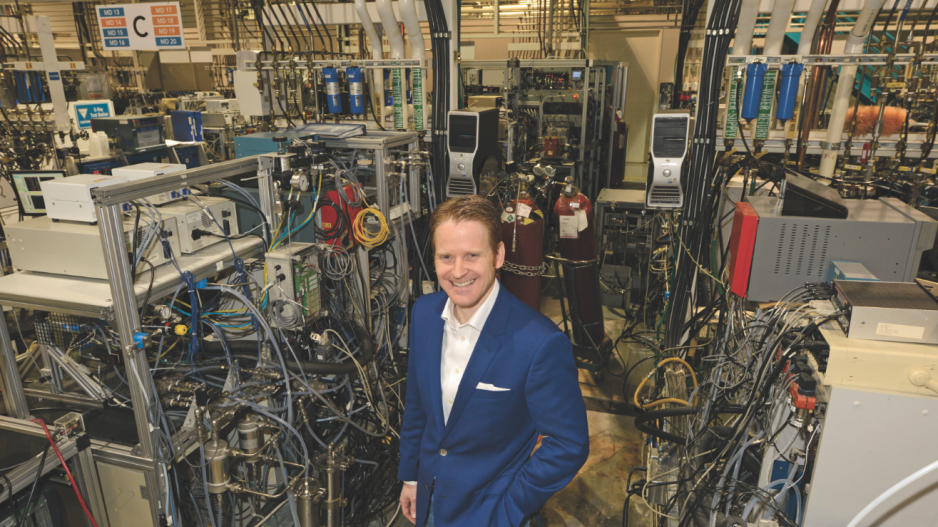It’s a big bet on Ballard Power Systems(TSX:BLDP).
Chinese engine-maker Weichai Power Co. Ltd.announced in the late summer it was acquiring a 19.9% equity stake in the Burnaby-based firm known for its hydrogen fuel cell innovations.
The equity investment, which is expected to close by the year’s end, totals $183 million and comes at a 15% premium for the Chinese firm.
It also calls for a technology transfer for a joint venture between Ballard and Weichai, which will be based in China to manufacture the Canadian company’s fuel cell stacks.
It’s an enticing deal for any firm, but is it a signal that intellectual property (IP) cultivated in B.C. is drifting further to other countries?
“My initial thought is that [the Ballard deal is] phenomenally positive,” said engineer and Electron Communicationsconsultant Matthew Klippenstein, who previously worked for Ballard.
He suspects the capital injection will also allow Ballard to make some strategic acquisitions of its own, making Ballard itself a more viable acquisition target down the road.
“Now there’s always the question of whether all this technology is going to drift there,” Klippenstein said. “And realistically there are many companies, very skilled people who are trying to catch up technology-wise. So my attitude would be, if you can get money for it, you might as well.”
Ballard is not alone.
Weichai announced August 28, the day before the Ballard deal was unveiled, that it had entered into definitive development and supply agreements with Westport Fuel Systems Inc.(TSX:WPRT).
Terms of the deal were not disclosed, but the Vancouver-based company known for developing natural gas engines had agreed to develop, market and commercialize a heavy-duty, natural gas engine with Weichai.
Meanwhile, Motorola Solutions Inc.(NYSE:MSI) closed the year’s biggest foreign acquisition deal in B.C. in March when it bought video surveillance and analytics firm Avigilon Corp.for US$1 billion.
Most Canadian innovation firms not already occupying leviathan status often face the same dilemma, according to Steve Minns.
“They often need to bridge what’s called the valley of death,” said the lecturer at the University of British Columbia’s Sauder School of Business, referring to the stage between an innovative idea and the commercialization of that idea.
Many domestic firms are looking to foreign firms to bridge gaps in capital, he said.
“The question then becomes what the foreign firms do with these acquired Canadian firms once they’ve got them.”
Minns added that some continue to invest in the newly acquired Canadian operations, while others simply acquire the IP and investment wanes.
Meanwhile, the federal government and the provinces of Ontario and Quebec have each launched their own respective IP strategies.
Ottawa’s strategy aims to create an independent body to oversee patent and trademark agents, as well as a “patent collective” to coordinate businesses to develop better IP outcomes for members.
B.C. Jobs, Trade and Technology Minister Bruce Ralstontold Business in Vancouverthat the province has begun working on its own provincial IP strategy.
Minns also suggested policymakers take a cue from France, Japan and South Korea, which have been pursuing sovereign patent funds (SPFs).
SPFs offer state investment to acquire domestic intellectual property and protect them from foreign acquisition.
“IP development and the strategy to grow it, and protect it and use it as an economic building block is a very important one and clearly those kind of funds speak to that awareness and that resolve,” Ralston said, adding there are no immediate plans for the province to pursue SPFs.




